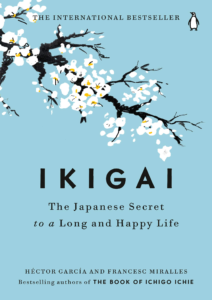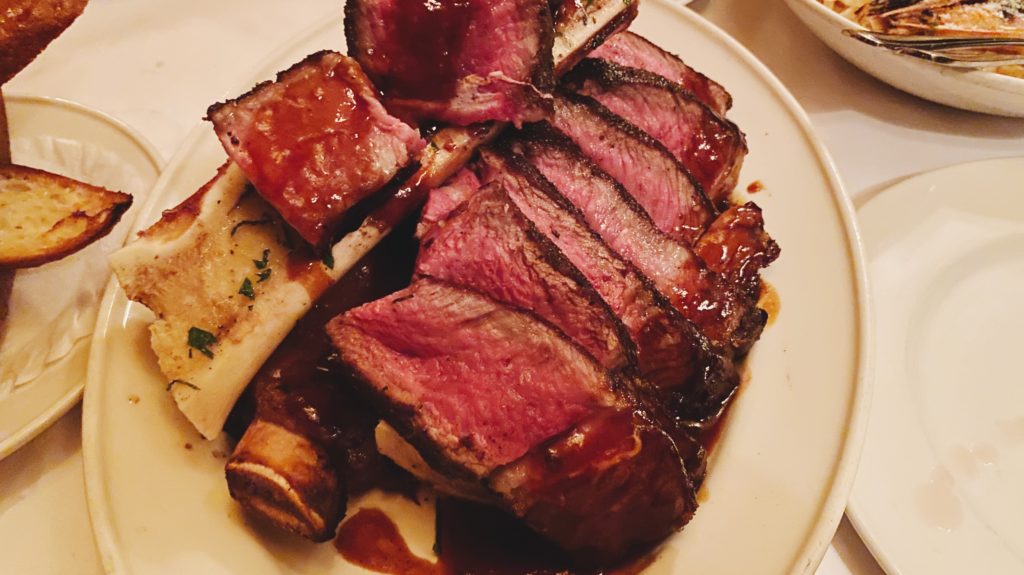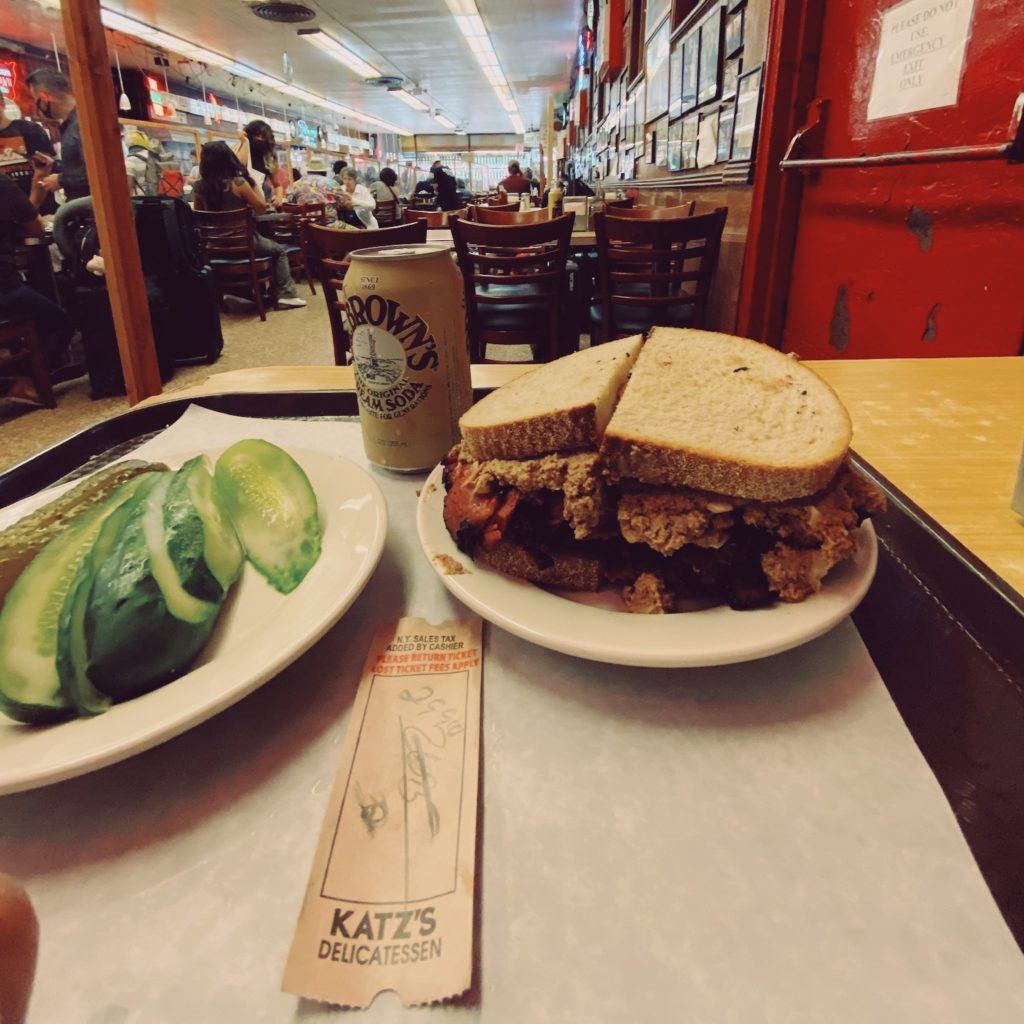
Check out the full notes for “Ikigai: The Japanese Secret to a Long and Happy Life” by Francesc Miralles and Hector Garcia
I finished reading Ikigai on the flight from New York to Montana.
Actually, real quick note: we had to sprint to catch our connecting flight and made it a minute before the doors closed. If we didn’t make it, we’d have a 4 hour wait in the airport and land around 3am. Making it on the flight was peak happiness but it’s definitely fleeting.
Ikigai is about finding sustained day to day happiness through a combination of things: finding work you enjoy enough to do the rest of your life, spending time with friends, and keeping healthy.
One step toward sustained health: eating less. I was raised on the idea that finishing your plate was one of the pure virtues along with not sitting too close to the TV.
How to eat healthier: aim for satisfaction with a bit of hunger instead of the pleasurable pain of reaching your stomach’s absolute limit as frequently as possible. Or, hara hachi bu:
One of the most common sayings in Japan is “Hara hachi bu,” which is repeated before or after eating and means something like “Fill your belly to 80 percent.” Ancient wisdom advises against eating until we are full. This is why Okinawans stop eating when they feel their stomachs reach 80 percent of their capacity, rather than overeating and wearing down their bodies with long digestive processes that accelerate cellular oxidation.
I started reading this for more on finding the intersection of things I’m good at, contribute to society, can get paid for, etc. but it’s a good reminder that building and maintaining a healthy body is in even more control + has more immediate effects.
And it also makes it easier to sprint to catch your flight. All good things.


